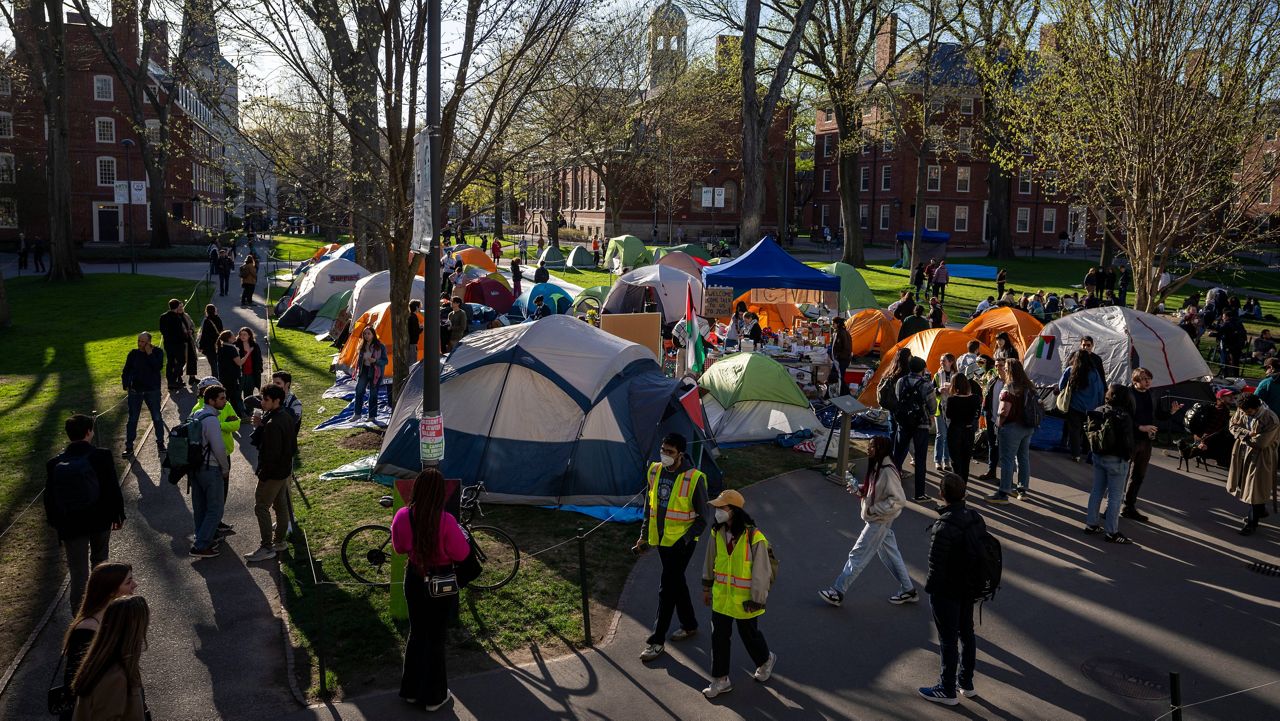WASHINGTON, D.C.-- Today marks the start of the Atlantic Hurricane Season. The National Oceanic and Atmospheric Administration predicts more activity than normal, with as many as 21 named storms by the time the season ends November 30.
What You Need To Know
- NOAA predicts there will be as many as 21 named storms this season
- Experts believe it is likely that Florida will be hit this year
- There could be six strong hurricanes this year
- Get the latest on the Tropics
- Tampa Bay's complete guide to Storm Season 2022
- Calm in the Storm: What to expect during the 2022 hurricane season
The head of the National Hurricane Center, Ken Graham, is bracing for another busy season of storms. NOAA predicts six to ten hurricanes the Atlantic basin this year, and that three to six of those storms will be major.
But the center is not predicting where the storms will strike.
"You have to be prepared, as if you're going to be hit every single year. I could change the weather pattern very little, and steer those storms that went into Louisiana, went into Mississippi and Alabama, and those storms would have been all into Florida, so the small changes can make a big difference," Graham said.
Last year was the third most active hurricane season on record, with four "major hurricanes" category 3 or higher.
Hurricane Ida caused the most damage, churning through nine states, but Florida was largely spared.
NOAA's prediction that there's a 65 percent chance this season will be above-normal, is similar to last year's forecast.
The cooling of surface temperatures in the Pacific Ocean, a phenomenon known as La Niña, warmer surface temperatures in the Atlantic, and the expectation of a busy monsoon season in West Africa are all factors that lead to a more intense storm season.
Graham says not all of the expected big storms will make landfall. "Some of those will stay over the the open ocean, which impacts people too. We still have rip currents, we still have shipping. That doesn't mean those all are going to make landfall, but some of them will," he said.
Graham says it's important for people to know their risk of being in a hurricane and develop an evacuation plan. He also stressed the importance of assembling disaster supplies. Another tip Graham has is to pick up a few extra supplies every week, or every few days to avoid waiting until the last minute when there are long lines at the stores.









